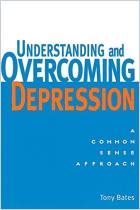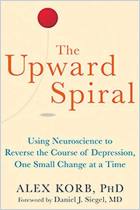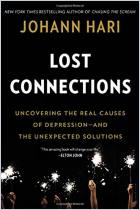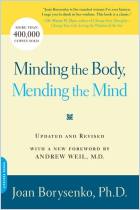Зарегистрируйтесь на getAbstract, чтобы получить доступ к этому краткому изложению.

Зарегистрируйтесь на getAbstract, чтобы получить доступ к этому краткому изложению.
Richard O'Connor
Undoing Depression
What Therapy Doesn't Teach You and Medication Can't Give
Little, Brown Spark, 2021
Что внутри?
Renowned psychotherapist Richard O’Connor addresses depression, how to cope and how to beat it.
Recommendation
Everyone can feel depressed. However, typically, that feeling passes and doesn’t interfere with daily functioning over an extended period. This is different for people with depression. In this new edition of his well-respected book on managing depression, psychotherapist Richard O’Connor offers updates and advice. He combines expertise and warmth as he presents a rundown of useful information on depression as a disease. He covers factors that can cause or soothe it, explaining that some habits that help you mask depression can also prolong it. While getAbstract never offers medical advice, O’Connor can help teach readers how to build habits that can allay depression.
Summary
About the Author
Psychotherapist Richard O’Connor, PhD, is also the author of Rewire: Change Your Brain to Break Bad Habits, Overcome Addictions, Conquer Self-Destructive Behavior; Happy at Last: The Thinking Person’s Guide to Finding Joy; Undoing Perpetual Stress: The Missing Connection Between Depression, Anxiety and 21st Century Illness among other books.



















Comment on this summary